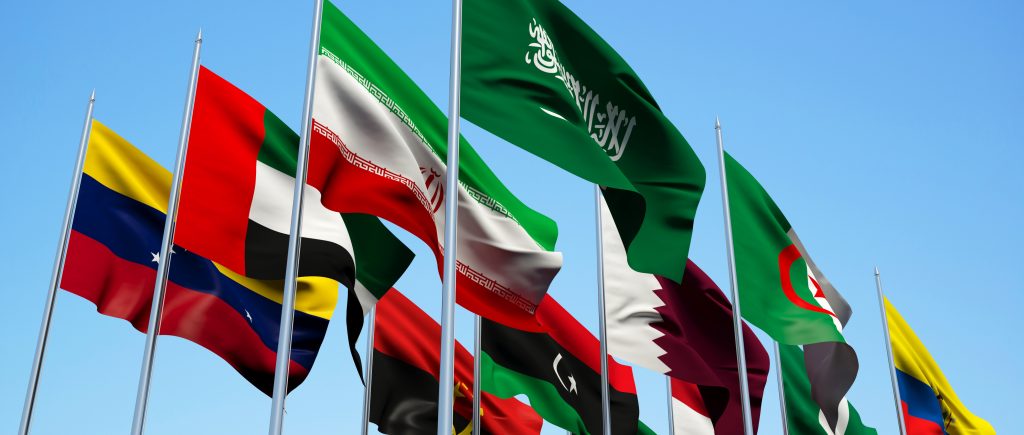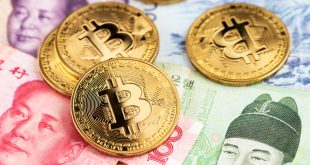Officials said that the OPEC + bloc will likely adhere to modest oil production increases when it meets on Wednesday, with Saudi Arabia and the United Arab Emirates, two of the largest members of the Organization of the Petroleum Exporting Countries, complying with the agreement with Russia, despite the expansion of sanctions against Moscow and the rise in oil prices to an eight-year high.
Oil topped $110 this week as Western sanctions imposed on Moscow over its invasion of Ukraine disrupted supplies from Russia, the world’s second-largest oil exporter, and export problems from neighboring Kazakhstan.
The Organization of the Petroleum Exporting Countries (OPEC) and its allies, led by Russia, have increased production by 400,000 barrels per month since last August, in the context of reversing the production cuts they had decided due to the drop in oil demand due to the Covid-19 pandemic.
The United States has repeatedly called for an increase in the bloc’s production.
However, only a few countries have additional capabilities to increase production, including Saudi Arabia and the UAE.
So far, Riyadh has resisted US demands to increase production faster than agreed among OPEC+ members.
At the previous meeting, on February 2, the OPEC + countries agreed to increase production by 400,000 barrels per day in March, so that the remaining reductions in force due to the pandemic would be 2.6 million barrels per day, which the bloc would recover by the end of next September.
Four sources in OPEC + told Reuters on Tuesday that the bloc would likely agree to increase production by another 400,000 barrels per day in April.
The sources said the invasion of Ukraine, which Russia described as a “special operation”, had no effect so far on the entry into force of the supply agreement.
The Saudi Press Agency said that the Council of Ministers confirmed its commitment to the OPEC + agreement on Tuesday.
On Tuesday, Russian President Vladimir Putin had a telephone conversation with Sheikh Mohammed bin Zayed, Crown Prince of Abu Dhabi.
 Noor Trends News, Technical Analysis, Educational Tools and Recommendations
Noor Trends News, Technical Analysis, Educational Tools and Recommendations





